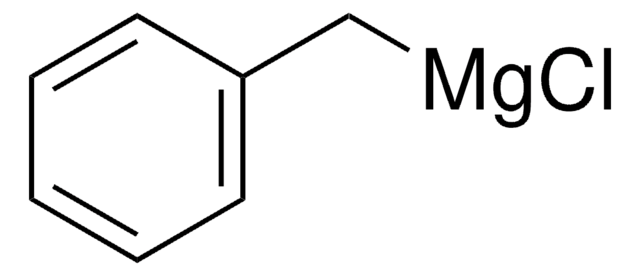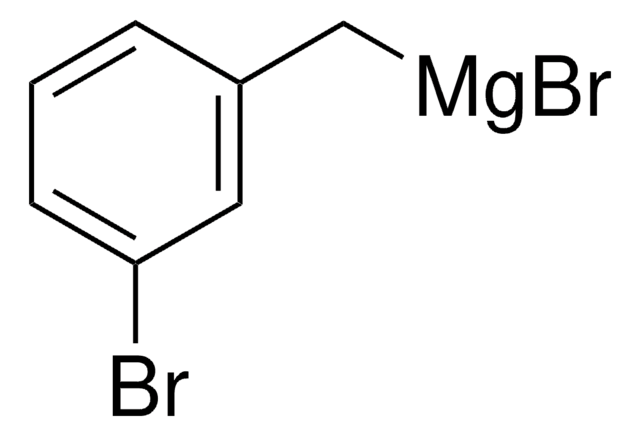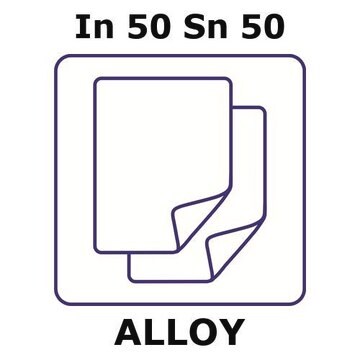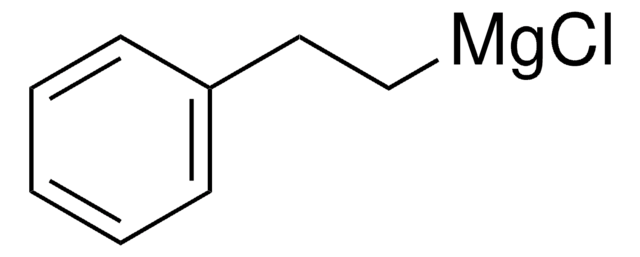576352
Indium tin oxide coated glass slide, rectangular
surface resistivity 70-100 Ω/sq, slide
Synonym(s):
ITO, ITO coated slide, rectangular
About This Item
Recommended Products
Quality Level
surface resistivity
70-100 Ω/sq
L × W × thickness
75 mm × 25 mm × 1.1 mm
transmittance
>87%
refractive index
n20/D 1.517 (lit.)
SMILES string
O=[Sn]=O.O=[In]O[In]=O
InChI
1S/2In.5O.Sn
InChI key
LNNWKAUHKIHCKO-UHFFFAOYSA-N
Looking for similar products? Visit Product Comparison Guide
General description
Application
- Eumelanin samples prepared on ITO covered glass substrates.
- Interface windows of the liquid cell for optical beam deflection (OBD) sensing contain a 20-nm-thick indium tin oxide film.
- Mesoporous TiO2 films were formed on ITO conductive glass substrates.
Physical properties
Resistance may increase to as high as 375 Ω when exposed to temperatures of 300 °C for 30 minutes or more.
To avoid damaging the thin film coating when determining which side is coated, lightly touch the barrelsof the probes to the same surface of a single-side coated product. Testing the alternate side will quicklyshow one with a low resistance as compared to the opposing side, which will exhibit an essentially infiniteresistance.
Storage Class Code
13 - Non Combustible Solids
WGK
WGK 3
Flash Point(F)
Not applicable
Flash Point(C)
Not applicable
Personal Protective Equipment
Choose from one of the most recent versions:
Already Own This Product?
Find documentation for the products that you have recently purchased in the Document Library.
Articles
In this article, we demonstrate that bis-styrylbenzene derivatives show promising characteristics for very low lasing thresholds and discuss the design considerations for organic lasing molecules.
Organic photovoltaics (OPVs) represent a low-cost, lightweight, and scalable alternative to conventional solar cells. While significant progress has been made in the development of conventional bulk heterojunction cells, new approaches are required to achieve the performance and stability necessary to enable commercially successful OPVs.
A transparent conductive electrode (TCE) is an essential component of various optoelectronic devices such as solar cells, liquid-crystal displays (LCD), light-emitting diodes (LED), and touch screens.
Recent progress in the area of solution-processed functional materials has led to the development of a variety of thin-film optoelectronic devices with significant promise in the industrial and consumer electronics fields.
Our team of scientists has experience in all areas of research including Life Science, Material Science, Chemical Synthesis, Chromatography, Analytical and many others.
Contact Technical Service







